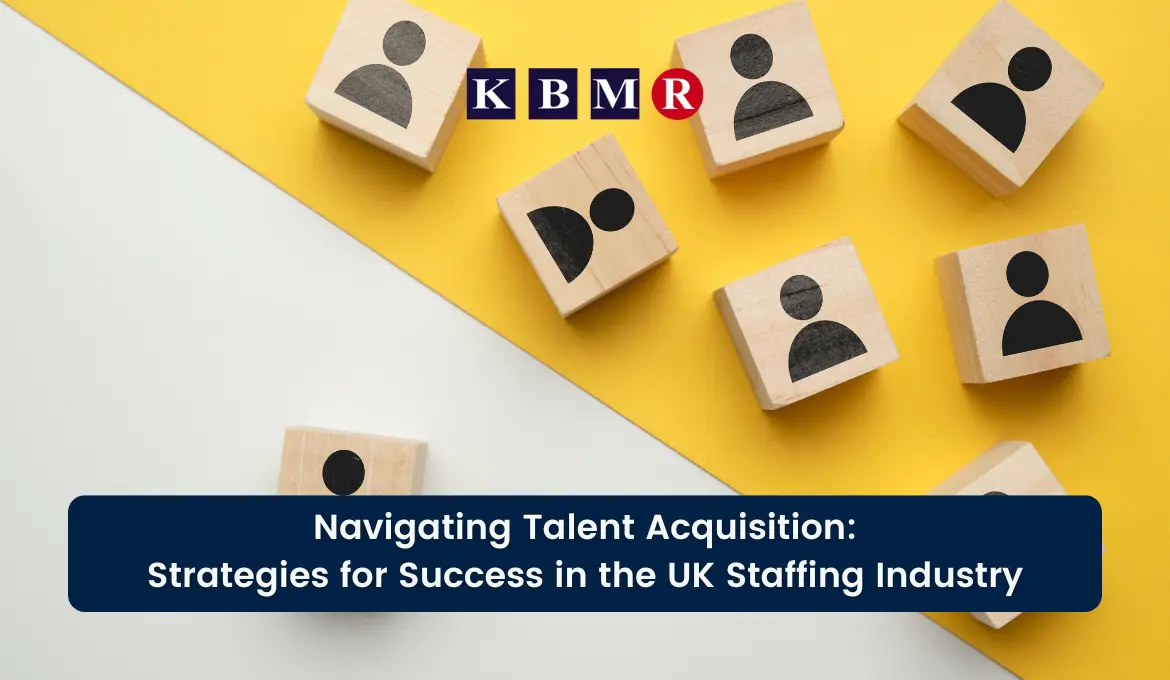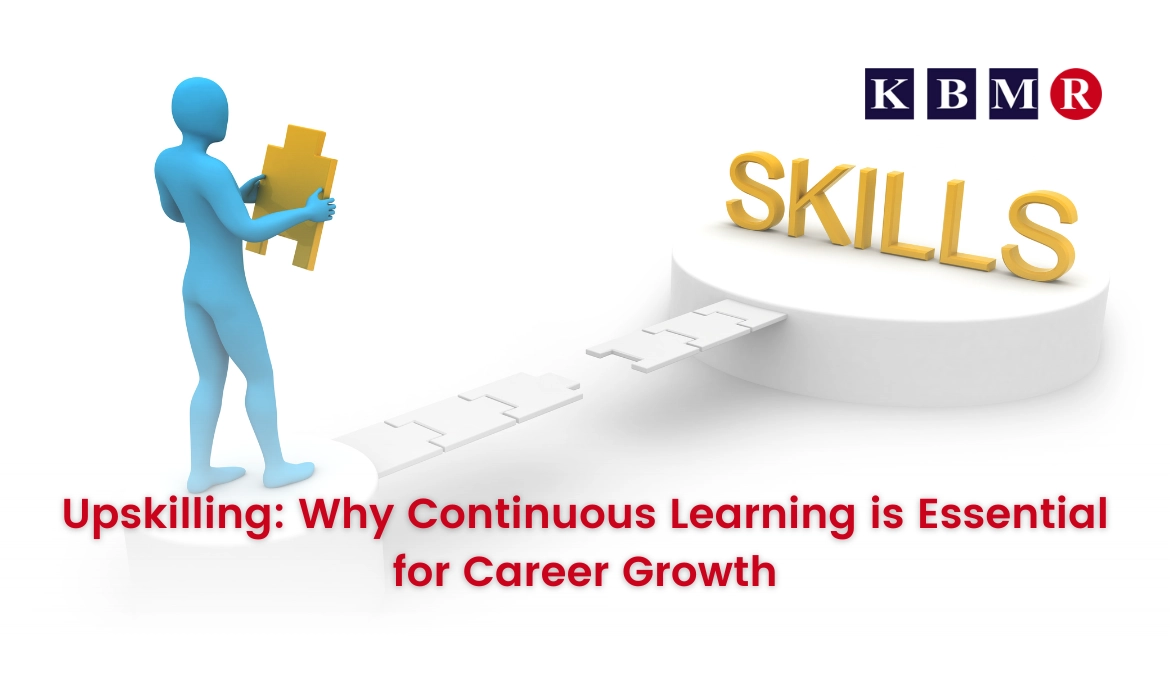In the competitive UK staffing industry landscape, talent acquisition is a critical function for businesses seeking to thrive and grow. With the job market constantly evolving and talent shortages becoming increasingly prevalent, staffing agencies and HR professionals face unique challenges and opportunities in attracting, hiring, and retaining top talent.
In this article, we'll explore strategies for navigating talent acquisition successfully in the UK staffing industry, from sourcing candidates to building a strong employer brand.
Understanding the UK Job Market Landscape
Before exploring talent acquisition strategies, it's essential to gain a comprehensive understanding of the UK job market landscape. Factors such as industry trends, regional variations, skill shortages, and demographic shifts influence the availability and demand for talent in different sectors.
Conduct thorough market research to identify emerging job trends, in-demand skills, and areas of talent scarcity. This knowledge will inform your talent acquisition strategy, helping you focus on areas with the highest potential for success.
Additionally, stay informed about legislative changes, such as immigration policies or employment laws, that may impact talent acquisition practices in the UK. By staying abreast of market dynamics and regulatory developments, you can follow your strategies to remain competitive and compliant.
Leveraging Technology for Efficient Talent Sourcing
In today's digital age, technology plays a central role in talent acquisition, streamlining recruitment and enhancing efficiency. Leverage a combination of applicant tracking systems (ATS), job boards, online networking tools, and social media platforms to reach and connect with a diverse pool of candidates.
Invest in AI-powered recruitment tools that automate repetitive tasks, like resume screening and candidate matching. These tools help recruiters focus their time and energy on building relationships with top candidates. Additionally, explore niche job boards and talent marketplaces that cater to specific sectors or skill sets, enabling you to target candidates with specialised expertise.
Furthermore, embrace data analytics to track and analyse recruitment metrics, such as time-to-fill, cost-per-hire, and source effectiveness. These insights will help you identify bottlenecks in the recruitment process, optimise your sourcing channels, and make data-driven decisions to increase overall recruitment outcomes.
Building a Strong Employer Brand
In a competitive job market, a robust employer brand can be a powerful differentiator that attracts top talent to your organisation. Your employer brand encompasses your company's reputation, culture, values, and employee value proposition (EVP), and it plays an essential role in shaping candidates' perceptions of your organisation as an employer of choice.
Invest in employer branding initiatives that showcase your company's unique culture, mission, and career growth and development opportunities. Leverage social media, company blogs, employee testimonials, and employer review sites to amplify your employer brand messaging and engage with potential candidates.
Moreover, prioritise candidate experience throughout the recruitment process, ensuring that every interaction with your business leaves a positive impression, regardless of whether candidates are ultimately hired. A positive candidate experience enhances your employer brand and fosters goodwill among candidates, even those who may not receive an offer.
Embracing Diversity and Inclusion
Diversity and inclusion (D&I) are both moral imperatives and essential parts of a successful talent acquisition strategy. Embracing diversity in the workplace enhances innovation, creativity, and problem-solving and helps attract a broader pool of candidates with diverse backgrounds, perspectives, and experiences.
Develop proactive D&I initiatives that promote a culture of inclusivity and equity throughout the recruitment process, from job postings to interview evaluations. Implement blind recruitment practices, unconscious bias training for hiring managers, and diversity-focused outreach efforts to ensure that your talent pool reflects the rich diversity of the UK workforce.
Furthermore, it fosters a culture of belonging where all employees feel valued, respected, and empowered to bring their authentic selves to work. By prioritising diversity and inclusion in talent acquisition, you can create a more equitable and high-performing workforce that drives business success and innovation.
Wrap Up
Exploring talent acquisition in the UK staffing industry requires a strategic and multifaceted approach. By understanding the job market landscape, leveraging technology for efficient sourcing, building a strong employer brand, and embracing diversity and inclusion, businesses can attract, hire, and retain top talent to fuel their growth and success.
With the right strategies and a commitment to continuous improvement, organisations can overcome talent acquisition challenges and build a competitive advantage in the dynamic UK job market.





